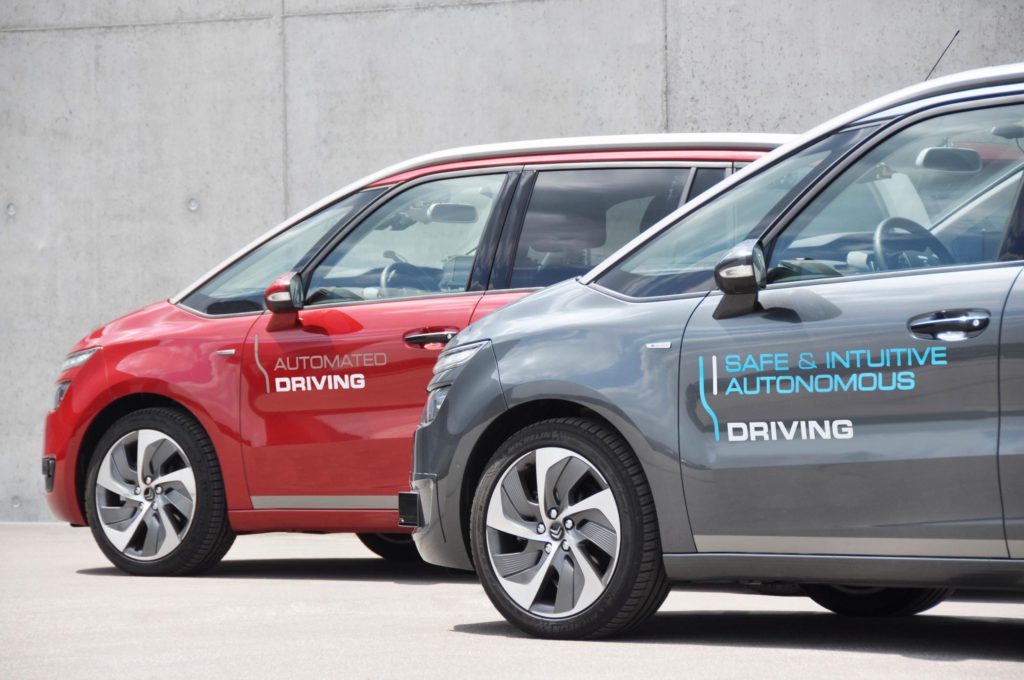Electrification and autonomy plans at PSA Group
18 January 2018

18 January 2018
PSA Group has become the latest automaker to announce its plans to produce electrified vehicles as the market adapts to future mobility trends.
With diesel sales dropping, car manufacturers are increasingly turning to electric powertrains to help them beat CO2 targets set by the European Commission, while also building their green credentials in the global market. The need to meet Chinese quotas which come into effect from 2019 is also a concern.
Speaking at the Automotive News World Congress event at the Detroit motor show, CEO Carlos Tavares stated that the French group plans to bring electrified options to its full car and light-truck line-up by 2025. In total, 40 electric or hybrid models will be on offer across its five brands; Peugeot, Citroen, DS and the recently acquired Opel and Vauxhall marques.
′We want to become the most efficient carmaker … not the largest,’ Tavares said.
In November, at the launch of the company’s facelifted C4 Cactus model, CEO Linda Jackson suggested that flexible platforms will be used to accommodate different types of drive, from pure electric vehicles to plug-in hybrid (PHEV) and traditional hybrid. This could then move across to the Peugeot and Opel brands, with a shared platform. The company is planning for at least 80% of new models offered by 2023 to be electric or hybrid powered.
Tavares initially mentioned that the company would be 100% electric by 2025. However, he later clarified the remarks to suggest all of its models would offer an electric option, unlike Volvo, which will only offer hybrid and electric vehicles from next year. The French company’s first EV is likely to launch during 2019.
Volkswagen (VW) has so far announced the largest investment in electric technology, putting €70 billion into its plans, while Ford recently announced an $11 billion (€9 billion) investment. PSA Group has not revealed any investment details.
Tavares also said that 80% of PSA’s cars would have level two automation by 2030, which allows them to steer and brake in certain limited conditions such as on a motorway. By that same year, one in 10 cars sold by PSA will contain more advanced level four self-driving systems enabling them to operate without a human driver at all in most instances, he said.
Finally, during the conference, the CEO also confirmed the company’s plans to return to the US market, which it has not participated in since Peugeot exited the region in 1991. The company will begin offering car-sharing schemes in two or three US cities later this year and will roll out other services under its new Free2Move brand. It will then use its information on US customers to launch traditional car sales in the market under at least one of its brands.
While no brand details have been revealed, it is likely that the Opel marque will be used for the return due to its links to the US-based General Motors.
Photograph courtesy of PSA Group